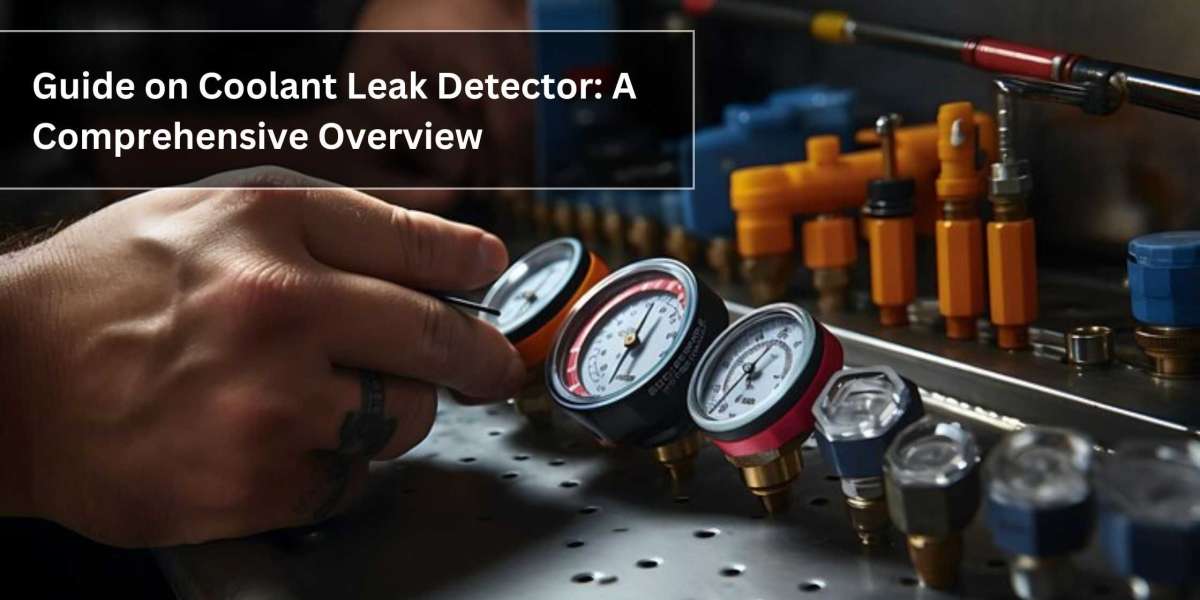Fumigation is a potent and crucial method for eliminating pest infestations that have become particularly challenging to manage through traditional means. The process involves using specialized fumigants, which are gaseous pesticides, to penetrate the entire infested area and eradicate pests. Fumigations in Pasco are particularly essential in situations where other pest control methods have proven ineffective, as they can target pests in all stages of their life cycle and reach areas that are difficult to access.
# Comprehensive Pest Eradication
Fumigations offer a comprehensive solution to severe infestations, ensuring that pests are eradicated from all corners of the treated area. Unlike localized treatments that may miss hidden pests, fumigants disperse throughout the space, reaching cracks, crevices, and other inaccessible areas where pests may be harboring.
# Versatility in Targeting Various Pests
Fumigation is effective against a wide range of pests, including insects, rodents, termites, and stored product pests. This versatility makes it a preferred method for dealing with complex or multiple pest infestations that require a swift and all-encompassing solution.
# Elimination of All Life Stages
One of the notable advantages of fumigation is its ability to target pests in all life stages, from eggs to adults. This is especially critical in cases where pests are resistant to certain control methods or where a complete eradication is necessary to prevent a resurgence.
# Time Efficiency
Fumigations are relatively quick compared to some other pest control methods, especially when dealing with larger spaces or widespread infestations. This efficiency minimizes disruption to daily operations and reduces the time during which pests can cause further damage.
# Preventive Measure
In some situations, fumigations can serve as a preventive measure to eliminate pests before they become a full-blown infestation. Warehouses, storage facilities, and shipping containers often undergo fumigation to ensure that products are not contaminated during transit or storage.
# Reduced Residue Concerns
Fumigants generally leave little to no residue, making them suitable for situations where the presence of chemical residues might be a concern, such as in sensitive environments like food processing facilities or health care settings.
# Effective for Large Spaces
Fumigations are highly effective in treating large and complex spaces, such as entire buildings, storage areas, or even ships. The gaseous nature of fumigants ensures that they can permeate every nook and cranny within the space, leaving no room for pests to hide.
# Professional Expertise Required
While fumigation is a powerful tool, it requires specialized knowledge and equipment. Professional fumigators are trained to assess the situation, determine the appropriate fumigant, calculate the dosage, and ensure proper ventilation and safety measures during and after the treatment.
# Environmental Considerations
It's important to note that fumigants are potent chemicals and their use should be managed with utmost care. Professionals adhere to strict regulations and safety protocols to minimize any potential risks to human health and the environment.








